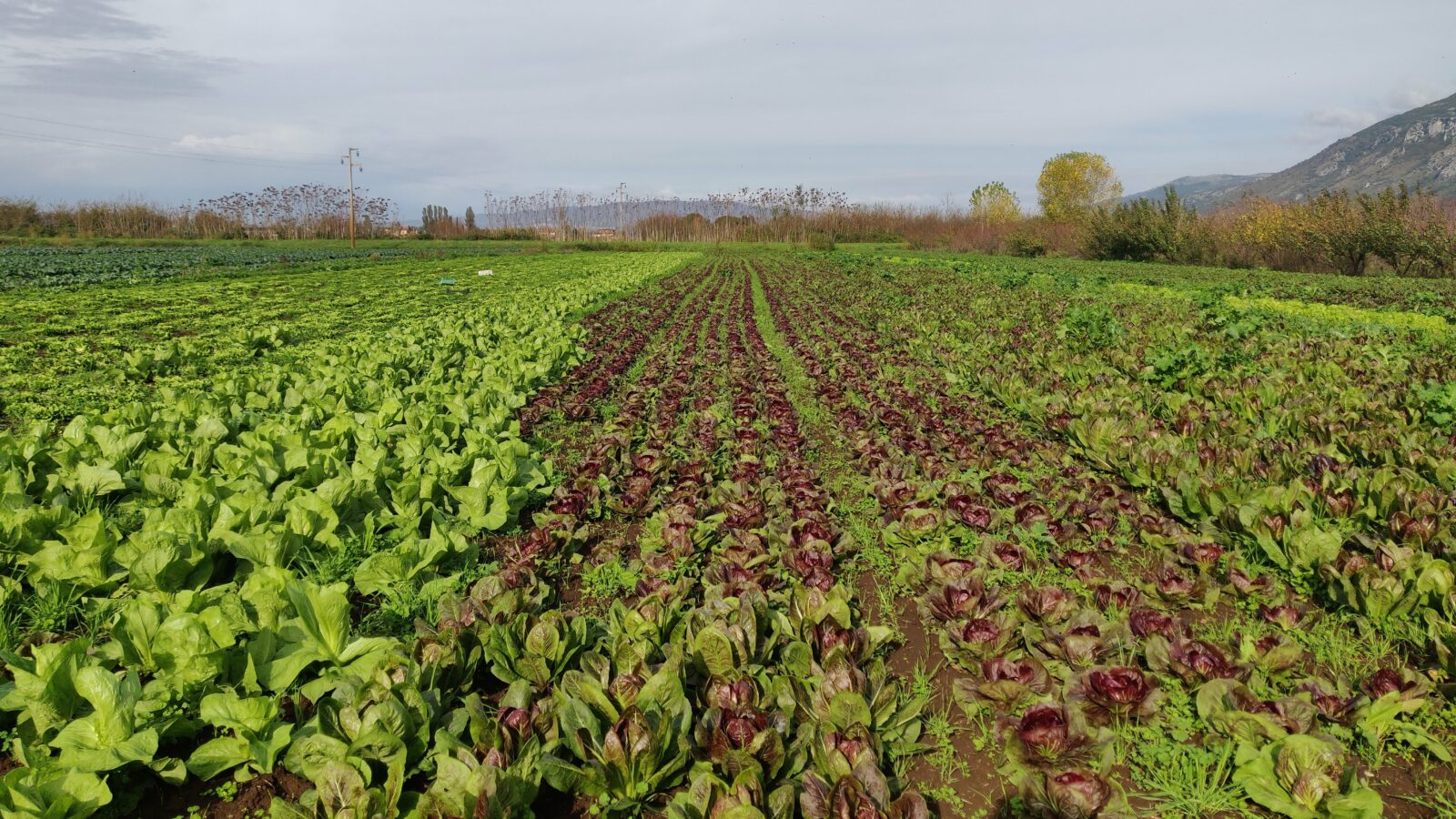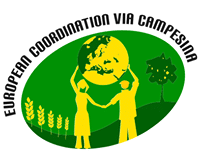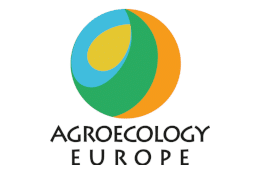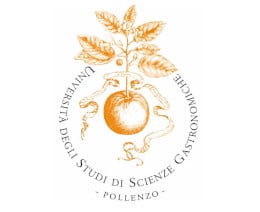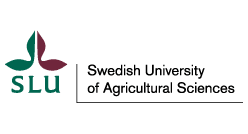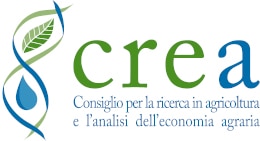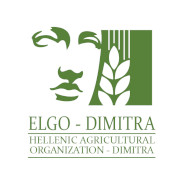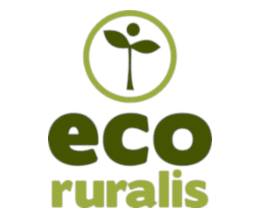Improve capacity to tailor policy interventions to specific situations
Policies related to agriculture and food systems and environmental policies exist in different countries and also at the European level. Very few national policies directly connect to agroecology. Some have included or implemented elements of agroecology, which are at first sight not visible. AE4EU aims at systematic analyse and assess national and European policy frameworks that include elements of agroecology and provides recommendations for enhancing integration and coordination in the development of future policies for sustainable agriculture and foods systems based on agroecology . This will lead to a better understanding of how policy can already promote the adoption of agroecological principles for the Post-2020 Common Agricultural Policy (CAP). Moreover, the project will highlight relationship between agroecology, climate change and biodiversity e.g. through collaboration with the IPCC community and with the Intergovernmental Science-Policy Platform on Biodiversity and Ecosystem Services (IPBES) as well as IPES-Food.

Policy Brief - Improving Eco-Schemes in the Light Of Agroecology: Key Recommendations for the 2023-2027 Common Agricultural Policy
Improving Eco-Schemes in the Light Of Agroecology: Key Recommendations for the 2023-2027 Common Agricultural Policy discusses the new CAP structure, as well as its content, through recommendations gathered from previous work of partners and contemporary insights within the various work packages of AE4EU.
One of principal changes within the new CAP has been the inclusion of Eco-schemes – voluntary programmes linked to the first pillar which will be available to farmers with the hope to incentivize more ecological and environmentally-friendly farming practices. While agroecology holds an eminent space within this list by being listed as one of the primary recommendations, it does so within a role of just another practice to achieve a more sustainable farming system. The recommendations concluded for the Eco-schemes were the following:
- Separate practices from production systems.
- Create basic premiums for all eco-friendly agricultural production systems.
- Create multi-dimensional Eco-schemes that encourage the implementation of multiple practices at once.
- Ensure proportionality between the level of payment and the expected environmental benefits.
- Maintain rigorous conditionality by not paying for what should be mandatory.
- Public money for public goods.
The work included an assessment on which countries have included agroecology in their plans, as well as which schemes seem promising or concerning for the advancement of agroecology. Assessments showed that only 19 % Eco-schemes are likely to deliver their environmental objectives, well designed schemes are underfunded, while their less demanding counterparts remain more financially attractive (BirdLife Europe et al., 2021). This is dangerous for true environmental benefits to biodiversity, soil health, and climate mitigation and adaptation. For more information download and read the full policy brief below.
Policy Brief - 10 Steps to Achieve the European Green Deal
10 Steps to Achieve the European Green Deal takes the time to show that many of the targets found within the European Green Deal, including the Farm to Fork and Biodiversity Strategies, can be met by a transition to agroecology. It aims to provide such a map through 10 concrete steps that can be taken to achieve no net emissions of greenhouse gases within the agricultural sector.
- Strongly decrease synthetic pesticides and fertilisers
- Increase mixed crop-livestock systems
- Enhance animal health and extensively manage livestock
- Restore and enlarge permanent grasslands
- Return trees to agricultural landscapes
- Diversify the types and number of crops grown on a single farm
- Increase diversity of habitats
- Increase the adoption of organic farming
- Increase research on best practices at the local and regional scale for all aspects of the food system including for climate, soil, land management, and crop and animal diversity
- Promote participatory and multi-stakeholder approaches in knowledge generation
These steps aim to provide a framework to achieve the promised reduction of chemical pesticides, fertilisers, nutrient losses, and environmental and climate footprints; protection of EU’s protected areas; planting of 3 billion trees; restoration of high diversity landscape features; and expansion of organic farming. Download and read the full report below.

